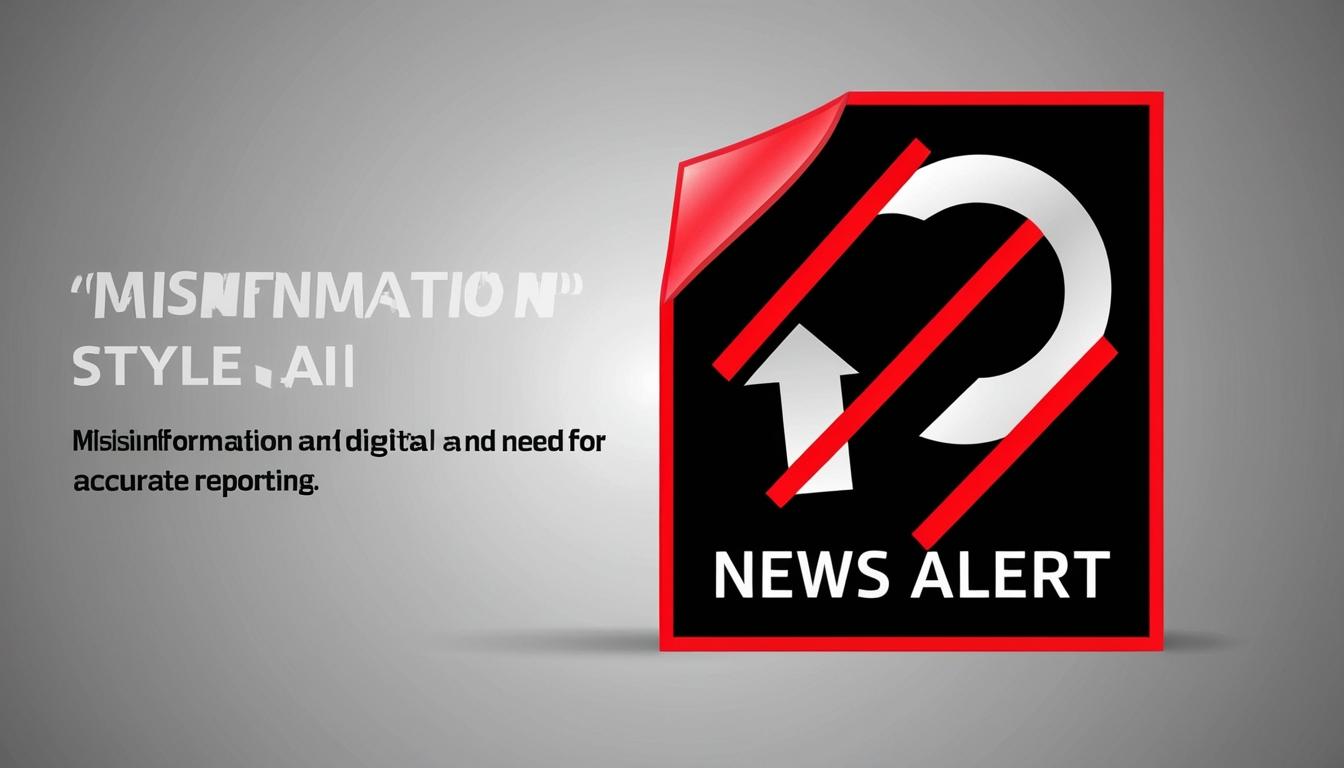Apple is facing significant scrutiny over its AI news alert system, which has been highlighted for its inaccuracy and potential for misinformation. The controversy was exacerbated by a specific incident involving a misleading headline related to the murder case of UnitedHealthcare CEO Brian Thompson. The allegation that the suspect, Luigi Mangione, had shot himself was later revealed to be incorrect, prompting a formal complaint from the BBC in December. This has ignited a wider discussion regarding the reliability of AI in disseminating news, drawing concerns from media organisations globally.
The National Union of Journalists (NUJ), representing over 30,000 journalists, has publicly urged the tech giant to discontinue its AI news service, dubbed Apple Intelligence. The union's general secretary, Laura Davison, emphasised the critical nature of accurate reporting, stating, “At a time where access to accurate reporting has never been more important, the public must not be placed in a position of second-guessing the accuracy of news they receive,” according to BBC News. The implications of misinformation are profound, with studies indicating that false information can propagate up to six times faster than accurate news on digital platforms.
In light of these incidents, Apple has committed to making enhancements to its summarisation service in the near future. The company acknowledged its AI features are still in beta testing, stating that it is "continuously making improvements with the help of user feedback." Apple has confirmed that a software update aimed at clarifying the nature of its summaries will be rolled out soon, while encouraging users to report any suspicious notifications.
The ongoing debate surrounding AI's role in news distribution is significant, particularly as a growing number of consumers—estimated at 37%—encounter AI-generated content regularly, often unwittingly. Experts argue that despite advancements in AI technology, these systems lack the necessary nuance for accurate reporting. Research has shown that human editors are able to identify up to 95% of errors that may occur in AI-generated news content.
This situation raises broader questions regarding the accountability of tech companies in the realm of news dissemination. With over 60% of the population now accessing news through digital platforms, the reliability of these mediums is more crucial than ever. In response, journalism schools and media organisations have begun to incorporate AI literacy into their curricula, with a noted 200% increase in educational initiatives related to AI in journalism over the past two years.
Beyond accuracy, this unfolding scenario points towards pressing issues surrounding transparency and regulatory frameworks for AI in news distribution. Media watchdogs have advocated for clearer disclosures regarding AI's role in content generation, alongside stricter guidelines governing its use. Surveys suggest a strong preference among news consumers for human-curated news, with 78% indicating a greater trust in news reported by human journalists rather than AI systems.
The discourse touches not only upon misinformation but also highlights the growing necessity for digital literacy programs, as enrolment in education focusing on these skills has surged by 150% in the past year. Industry analysts observe that the incident involving Apple could mark a pivotal moment in how AI is perceived and employed in news distribution, significantly influencing future technological and regulatory developments in the industry.
Source: Noah Wire Services
